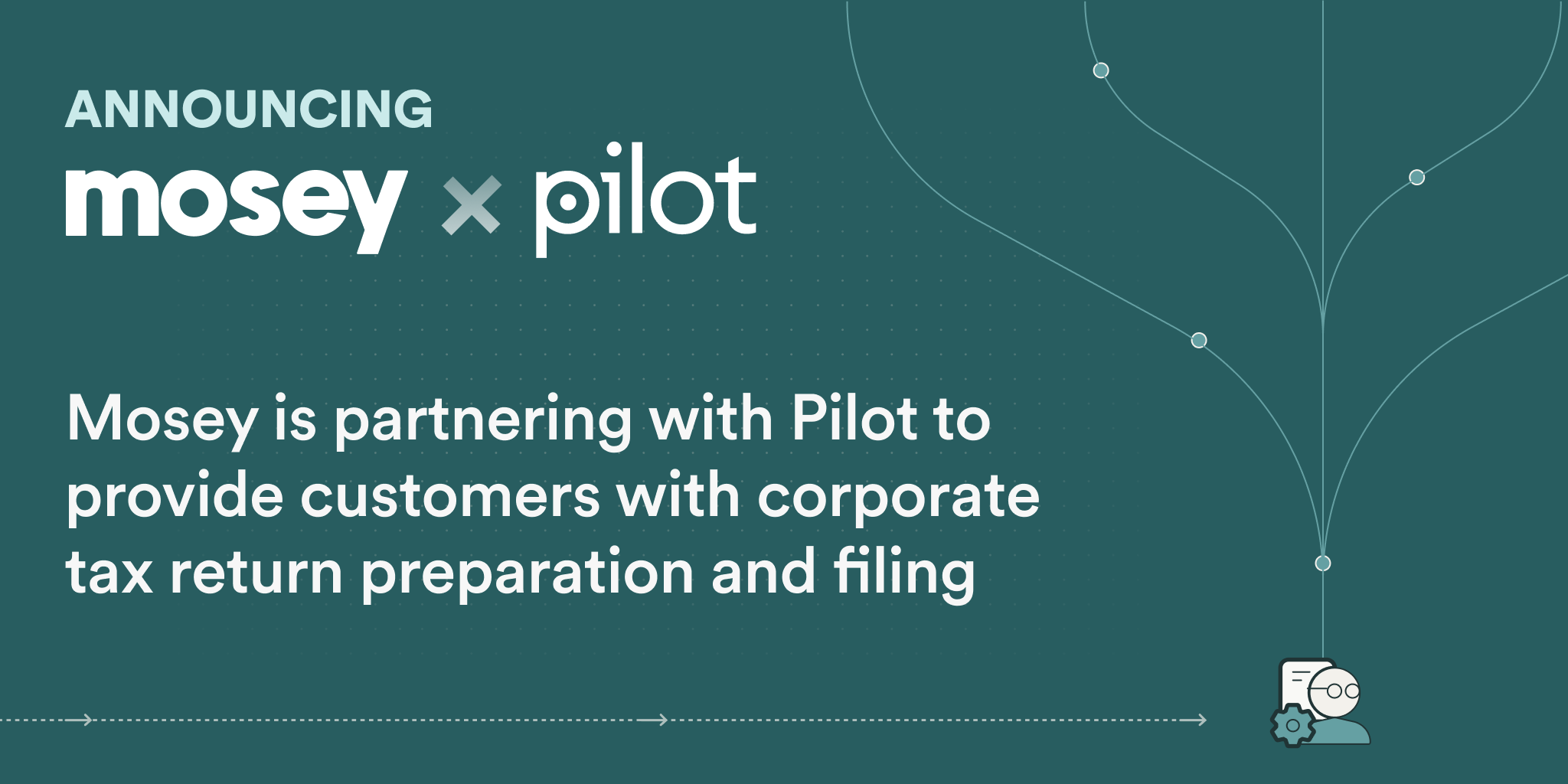When your company hires employees in Washington, you are required to comply with federal, state, and local employment laws. There are a variety of human resources and labor policies in the workplace that differ by state. Through your employee handbook, employers can easily document and distribute the correct policies to their employees to comply with the laws of each state.
Creating your Washington Employee Handbook is a useful way to explain important policies and procedures, mitigate legal risk, and introduce employees to the expectations and operating practices of the organization.
Mosey has compiled the relevant policies a company with employees in Washington must consider.
Launch your employee handbook in minutes.
Everything you need to automate a compliant handbook for all 50 states.
Washington Employee Handbook Policies
There are 19 state and local employee handbook policies in Washington.
Employment
Washington Pregnancy Accommodations Policy
You are entitled to reasonable accommodations during pregnancy and after childbirth to support your health and well-being. Standard accommodations include flexible restroom breaks, access to nourishment, seating, and lifting restrictions under 17 pounds, without requiring medical certification.
Additional accommodations, such as job modifications, flexible scheduling, or temporary transfers, may be provided with written medical certification as needed.
Employer strictly prohibits retaliation, discrimination, or forcing leave instead of providing reasonable accommodations. Employees with pregnancy-related disabilities may request further accommodations, which will be addressed individually.
Wage and Hour
Washington Meal Break Policy
You are entitled to a 30-minute meal break during shifts over five hours, beginning between the second and fifth hour. Breaks are unpaid if you are fully relieved of duties and free to leave but paid if you remain on duty or are interrupted. For shifts extending more than three hours beyond the originally scheduled time, additional meal breaks must be provided.
Washington Rest Break Policy
You are entitled to a paid 10-minute rest break for every four hours worked, with no more than three consecutive hours of work without a break. Rest breaks must be free from duties, fully compensated, and cannot be waived by either you or Employer.
Washington Minimum Wage Policy
You are entitled to a minimum wage of $16.66 per hour, with 14- and 15-year-olds receiving at least $14.16 per hour. Employer will not apply tips or service charges toward meeting the minimum wage.
Seattle Minimum Wage Policy
You are entitled to a minimum wage of $20.76 per hour if you perform work within Seattle city limits, including full-time, part-time, temporary, seasonal, and jointly employed positions, effective January 1, 2025. Occasional employees working more than two hours in Seattle within a two-week period are also entitled to this wage for all hours worked in the city. Tips, gratuities, and service charges do not count toward the minimum wage, and Employer must pay the full amount. Employer strictly prohibits retaliation or discrimination against employees asserting their rights under this policy.
Washington Lactation Break Policy
You are entitled to reasonable break time to express breast milk for up to two years after the birth of your child. These breaks will be provided as often as needed, with flexible scheduling to accommodate your needs. Employer will ensure access to a private, convenient lactation space that is not a bathroom. If a dedicated space is unavailable, the location will be arranged collaboratively. Retaliation or discrimination for using lactation accommodations is strictly prohibited.
Seattle Wage Theft Prevention Policy
You are entitled to protection against wage theft under Seattle’s Wage Theft Ordinance. This includes timely payment of all wages earned, detailed and accurate pay statements, reimbursement for necessary job-related expenses, and clear communication of employment terms. Employer ensures compliance with these standards and strictly prohibits retaliation against employees who assert their rights.
Benefits
Seattle Commuter Benefit Policy
You are entitled to pre-tax commuter benefits if you work an average of 10 or more hours per week in Seattle for Employer. These benefits allow you to allocate up to $300 per month of pre-tax income for qualified commuting expenses, such as transit passes or vanpool services. Alternatively, Employer may provide a partially or fully subsidized transit pass, covering at least 30% of the cost of a retail monthly pass for King County Metro and Sound Transit Link Light Rail.
Vacation, Sick, and Safe Leaves
Tacoma Paid Sick Leave Policy
You are entitled to earn one hour of paid leave for every 40 hours worked with no annual cap on accrual. After 90 days of employment, you may use paid sick leave for personal or family health needs, including illness, injury, treatment, bereavement, safe leave for domestic violence, and during workplace or school closures due to the order of a public official.
Washington Paid Sick and Safe Leave Policy
You are entitled to earn one hour of paid leave for every 40 hours worked with no annual cap. After 90 days of employment, you may use paid sick leave for personal or family health needs, including illness, injury, or treatment, and during workplace or school closures due to public health concerns.
Leaves of Absence
Washington Paid Family and Medical Leave Policy
Employer provides eligible employees with up to 12 weeks of paid family and medical leave, in compliance with Washington’s Paid Family and Medical Leave program.
Paid Family and Medical Leave can be used for:
- Bonding after the birth or placement of a child;
- An employee’s serious health condition;
- A serious health condition of a qualifying family member; or
- Certain military events.
Washington Military Family Leave Policy
Employer provides employees with up to 15 days of job-protected military family leave per calendar year if their spouse is ordered to active duty during a period of military conflict. Advance notice is required.
Washington Jury Duty Leave Policy
You are entitled to job-protected leave to serve as a juror. Unless directed otherwise by your manager, you should return to work at the completion of jury duty, even if for a partial day.
Washington Volunteer Emergency Responder Leave Policy
You are entitled to take unpaid leave to serve as a volunteer firefighter, reserve officers, or members of the Civil Air Patrol in response to a fire or an emergency call. You may be required to provide proof of service and should provide advance notice that you will be absent or late as soon as possible.
Washington Domestic Violence Victim Leave Policy
You can request job-protected leave if you or a family member is the victim of domestic violence, sexual assault, stalking, or sexual violence. This leave is not limited by your available paid time off and may include unpaid leave. You can ask Employer for reasonable safety accommodations, such as a job transfer, changing contact information, or safety procedures. Employer cannot retaliate or discriminate against you or your family member.
Washington Military Service Leave Policy
You are entitled to job-protected, unpaid leave if you are members of the National Guard ordered to state active duty. You should provide advance notice to Employer as soon as possible.
Upon completing military service, you are entitled to be reemployed by Employer in your previous role or a comparable position with equivalent seniority, status, and pay after completing military service. This right applies if you provided advance notice of your service, completed your service under honorable conditions, and returned to work or applied for reemployment within the required timeframe based on the length of your service.
Expense
Seattle Remote Reimbursement Policy
You are entitled to have necessary business expenses reimbursed.
Privacy
Washington Social Media Privacy Policy
Generally, Employer is prohibited from accessing your personal social media accounts and will not discipline or terminate an employee for refusing to disclose their social media login information or for denying to provide access to their social media accounts.
Washington Electronic Monitoring Policy
Employee should be advised that all telephone conversations or transmissions, electronic mail or transmissions, or internet access or usage by an employee by any electronic device or system, including but not limited to the use of a computer, telephone, wire, radio or electromagnetic, photoelectronic or photo-optical systems may be subject to monitoring.
Employee handbook builder
Build your employee handbook in every state and keep it up to date automatically with Mosey.
Federal Employee Handbook Policies
Regardless of which states you have employees in, there are required federal policies that must be included in your employee handbook. In addition to any state-specific policies, your employee handbook for Washington should contain the following federal policies.
- Anti-Harassment Policy
- Anti-Sexual Harassment Policy
- Anti-Retaliation Policy
- Equal Employment Opportunity Policy
- Reasonable Accommodation Policy
Handbook Policy Best Practices
In addition to the required federal policies, the following policies are best practices to include in your employee handbook.
- Prohibited Conduct Policy
- Violations Reporting Policy
- Workplace Violence Prevention Policy
- Weapons Policy
- Disciplinary Action Policy
- At-Will Employment
- Federal Uniformed Services Employment and Reemployment Rights Act (USERRA) Policy




